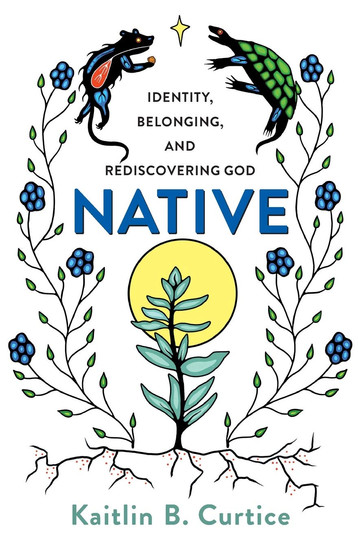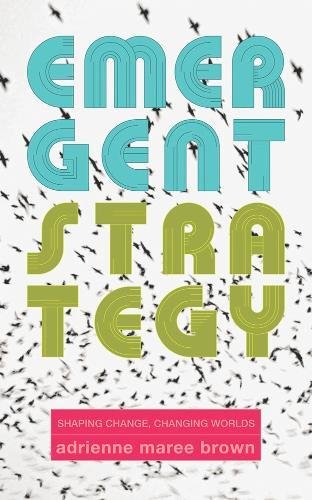Heading Toward Fall: Teaching, Remote Schooling, and Focusing on Anti-Racist Living
- zapoura
- Jul 31, 2020
- 3 min read
Reading Is Resistance is located in Portland, Oregon. And you may have noticed...that we've been in the news quite a bit lately. From the revolution around the Justice Building and fighting back against federal troops launching tear gas and rubber bullets at protestors to the Wall of Moms founder predictably and sadly demonstrating how insidious and persistent anti-Blackness is, to the important refocusing on BIPOC-led organizations who have been leading the rebellion for years and years.
ACTION ITEM: If you're wondering who to follow, start with Don't Shoot PDX.
ACTION ITEM: And as an important note, write in former Don't Shoot PDX director Teressa Raiford for mayor if you're a local voter.
You may have also seen that our COVID numbers are rising AND that Portland Public Schools will be starting the school year entirely remotely until at least November 5.
There's a lot going on. And it's important to keep a clear focus. The dual pandemics of COVID and systemic racism both need to be tended to long-term. So, let's continue to dive into our lifelong practice.
Today on our CrowdCast hosted by Two Rivers Books, Farnell Newton (co-founder of Reading Is Resistance and my husband) joined me for a discussion of what I'm reading as a teacher preparing for a fall term that is transformed and we also answered questions from our Reading Is Resistance community. Those were a few questions that didn't get answered during the CrowdCast, and those were answered via livestream on Instagram and Facebook. We'll be sure to share those out more throughout the next week.
Here are my current go-to books that I'm referencing and learning from as I prepare myself for continued revolutionary teaching in the fall:
This collection contains theory and framing books (Emergent Strategy and We Want to Do More Than Survive), a book on holding space for discussion (Not Light, But Fire), curriculum development (Teaching for Black Lives and Rethinking Ethnic Studies), and a book for my continued exploration of my own racial identity (Native).
As for the Q and A, I'm going to highlight one book-related question here.
What are ways we can encourage our more socially anxious children to get involved in the fight for racial justice?
I hold the belief that revolution takes many forms. We have our folx who are protesting downtown, we have neighborhood marches, there are collective meditations, there is art, people are sharing mutual aid...all of these pieces of the puzzle are essential. So for our more socially anxious kiddos, we can find something for them that is in alignment with their being that is also an act of solidarity around racial justice.
For example, I have many friends who are gardening a lot right now. If gardening is something important to you (parent) and your kiddos, think about how to expand that. For example...
(WATCH) Learn from Ron Finley about "guerilla gardening" in Los Angeles
(WATCH) Gardening While Black (from the Grow Family Network)
(WATCH) Regenerative Development: Mudborn LLC (in Portland, OR)
(SUPPORT) The Come Thru Farmer's Market
(SUPPORT) Wapato Island Farm
(PARTICIPATE) The Equitable Giving Circle
(PARTICIPATE) Growing Gardens
(READ) Braiding Sweet Grass
(READ) Yasmin the Gardener
(READ) The Ugly Vegetables by Grace Lin
(READ) Up From the Ground
(READ) Indigo Blume and the Garden City
Even from home, we can learn, discuss, support, and participate. Think about how to use your gifts to participate in mutual support/community in new ways. And then spread the information. Make a sign for those who admire your garden to buy produce from the Come Thru market and to purchase medicinals from Wapato Farm. Make another sign of gardening books to read that center BIPOC voices. These are little acts but they add up. And they can easily involve a socially anxious child.
Above all, if we want to teach our children an anti-racist way of participating in the world, we need to commit to embodying that ourselves. And that means all of the time. So, whether we are in a pandemic and sheltering in place or more able to roam about the community, our core sense of self as consistently aligning with our anti-racist practice is with us in all that we do. Continuing the theme of gardening, may we all continue to plant the seeds of justice in ourselves, within our families, and in our communities. May we cultivate ourselves so that we are ready to receive new learning and to share the fruits of our learning as they grow.





















Comments